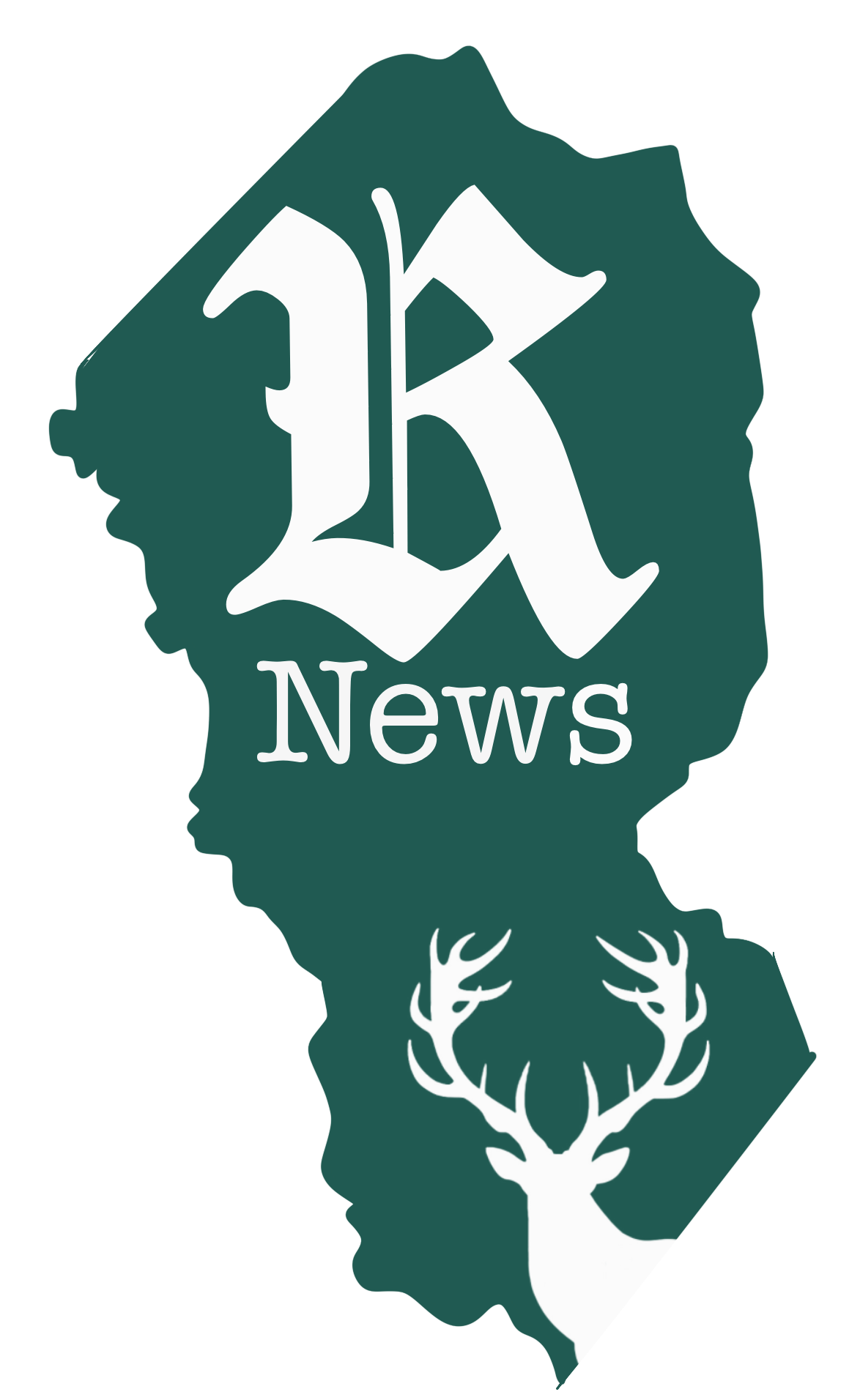
1♥️800♦️GAMBLER
The Problem Gambling Help Network of WV
For Immediate ReleaseFor More Information, Contact:
March 1, 2022 Sheila Moran | 304-741-9999
March is National Problem Gambling Awareness Month
1 in 50 West Virginians Affected
March is National Problem Gambling Awareness Month, and a statewide problem gambling treatment group is urging anyone who feels their gambling activity may be crossing a line to get a free, anonymous screening. The Problem GamblingHelp Network of West Virginia, which operates the 1-800-GAMBLER helpline, says information and help are available 24/7 by calling their helpline or chatting on their website.
Sheila Moran, Director of Communication for 1800GAMBLER in WV, says that help is available for anyone who wants to change their gambling behavior, not just those who feel they are “addicted.” She said, “Just as people seek strategies to drink less alcohol or eat a healthier diet, they can call us for effective ways to keep their gambling activity in check. People often don’t call until they’ve have drained their savings and retirement funds, gone into substantial debt, lost their house and car, or even committed illegal acts to fund their gambling. They and their family are in great distress. We’d like folks to call before it gets to this point, so they can avoid these consequences.”
Signs that you may need help with your gambling behavior:
· You’ve tried unsuccessfully to cut back or quit
· After losing money, you return as soon as possible to get even
· You lie to family members or friends about your gambling
· You need to bet more and more money each time you gamble
· Gambling helps you escape your problems
· Others have provided you with a bailout
· You think about gambling often
· Gambling has jeopardized relationships and/or opportunities
· You feel restless or irritable when you quit
Callers to 1-800-GAMBLER receive free resources, including private therapy, either in-person or through telehealth, information on self-help groups and recovery events, online resources (apps, podcasts, support groups, self-help literature), and access to self-exclusion tools. More information is available by calling 1-800-GAMBLER or visiting www.1800gambler.net.













